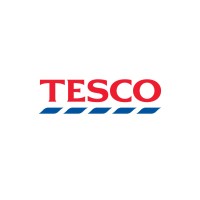
Tesco
One of the world’s largest retailers of consumer goods from food to fashion. Serving our customers, communities and planet a little better every day in our stores and online is at the heart of everything we do. Founded in 1919 by Jack Cohen using the £30 he received on leaving the Royal Flying Corp, we’ve come a long way from his small market stall in East London. Today over 400,000 colleagues work across our stores, office, distribution and customer engagement centres in the UK, Europe and Asia. Share our passion for the people, products and places that make us great, and we can offer the right support to develop your skills. If you’re looking for the perfect work-life balance, a collaborative culture and flexible ways of working, find your opportunity to get on at www.tesco-careers.com






